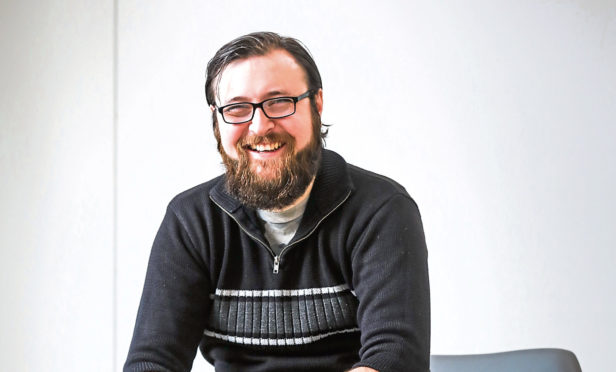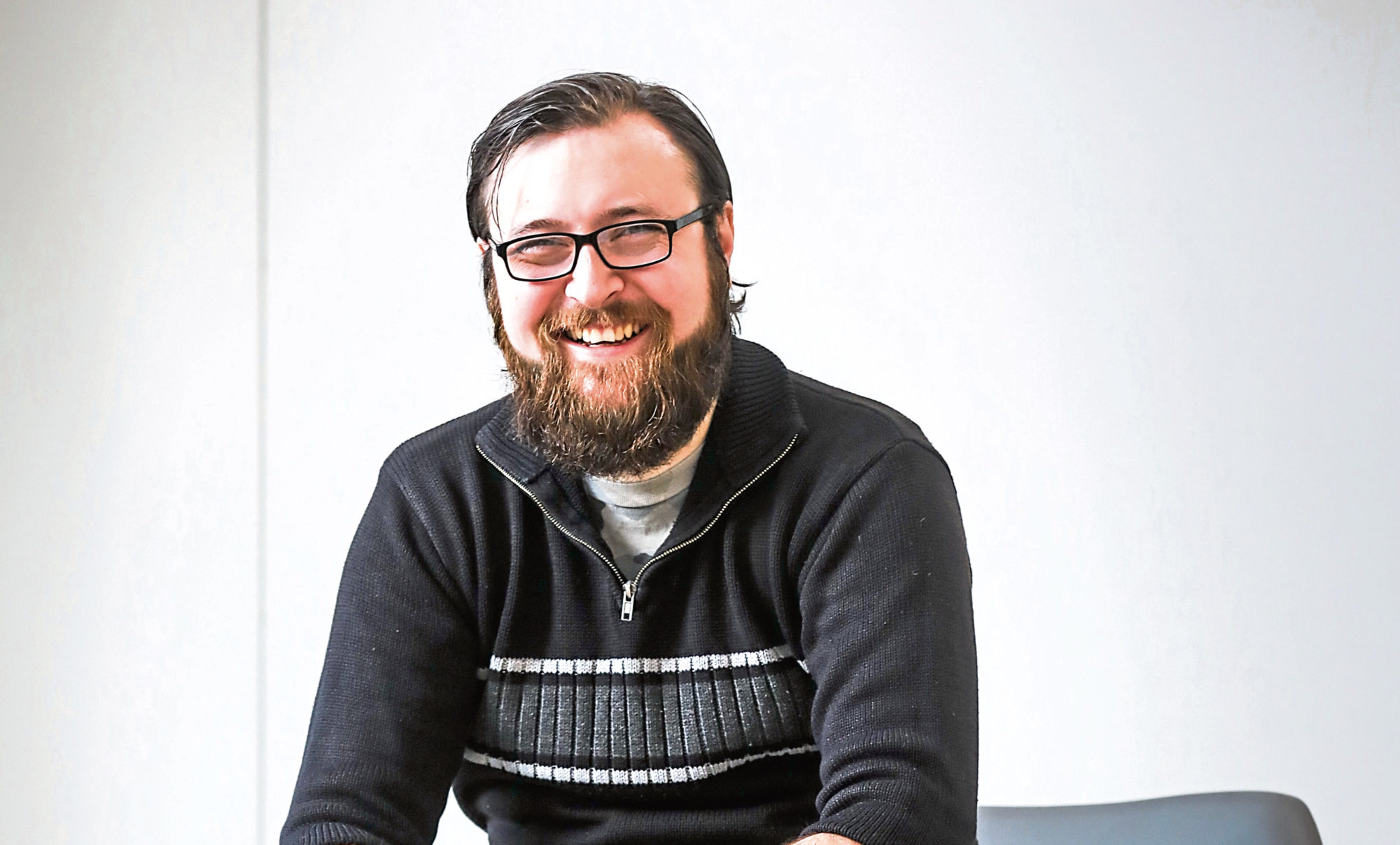If anyone had a dividend on the overuse of the term “exit strategy” they would surely be cashing in by this point – but thankfully conversations are now shifting towards the new place we are entering and to building back better.
A turning point was on March 23 when Nicola Sturgeon announced her lockdown exit plans and talked about “a new normal”.
Today, along with third sector pioneers in Dundee, I will meet the deputy governor of the Bank of England to turn our attention to life after lockdown.
As an optimist, I am attracted to the language of possibility; the potential to do things better and the belief that our collective tomorrow can be brighter.
Despite the current potential for mental deterioration due to our national isolation, author Matt Haig last week wrote: “Can we stop pretending our former world of long working hours, stressful commutes, hectic crowds, infinite choice, mass consumerism and 24/7 everything was a mental health utopia?”
So, what might this new normal be?
In these difficult times, one positive thing has been the re-emergence of the emphasis on the family and our elderly.
To date, the Western Isles in the north-west corner of Scotland is the only area to have gone four weeks without any new cases and no deaths due to Covid-19.
While the virus has raged through care homes, the people of Harris and Lewis are often known for taking elderly family members in and caring for them in their old age.
They remind us there is another way of doing things.
Another interesting aspect of life is home-schooling.
While the initial parental buzz quickly wore off, one man told me last week he is enjoying saving £500 per month in nursery fees.
For families with more than one child and fewer devices, however, access to online resources has made education a luxury for some and prioritises the digitally-literate.
On the other hand, it has given my wife – a qualified teacher – the opportunity to give focused attention to areas in the education of my own children.
Last week, my family were moved by the news my young sister-in-law – a nurse in Glasgow – had contracted Covid-19 having been required to share personal protective equipment with other nurses, all of whom also contracted the virus.
Despite living less than a mile from the testing centre at Glasgow Airport, it was fully booked.
She had to embark on a four-hour trip to the testing centre in Edinburgh.
I hope our new normal rediscovers the vital social fabric of the family.
I hope it enables parents to maintain an input in the education of our children.
And, crucially, I deeply hope we start to adequately value – beyond weekly applause – our lowest-paid NHS staff by offering a meaningful pay rise and adequate protection to deliver the service they do in a way that preserves their welfare.
We can, and must, do better.

